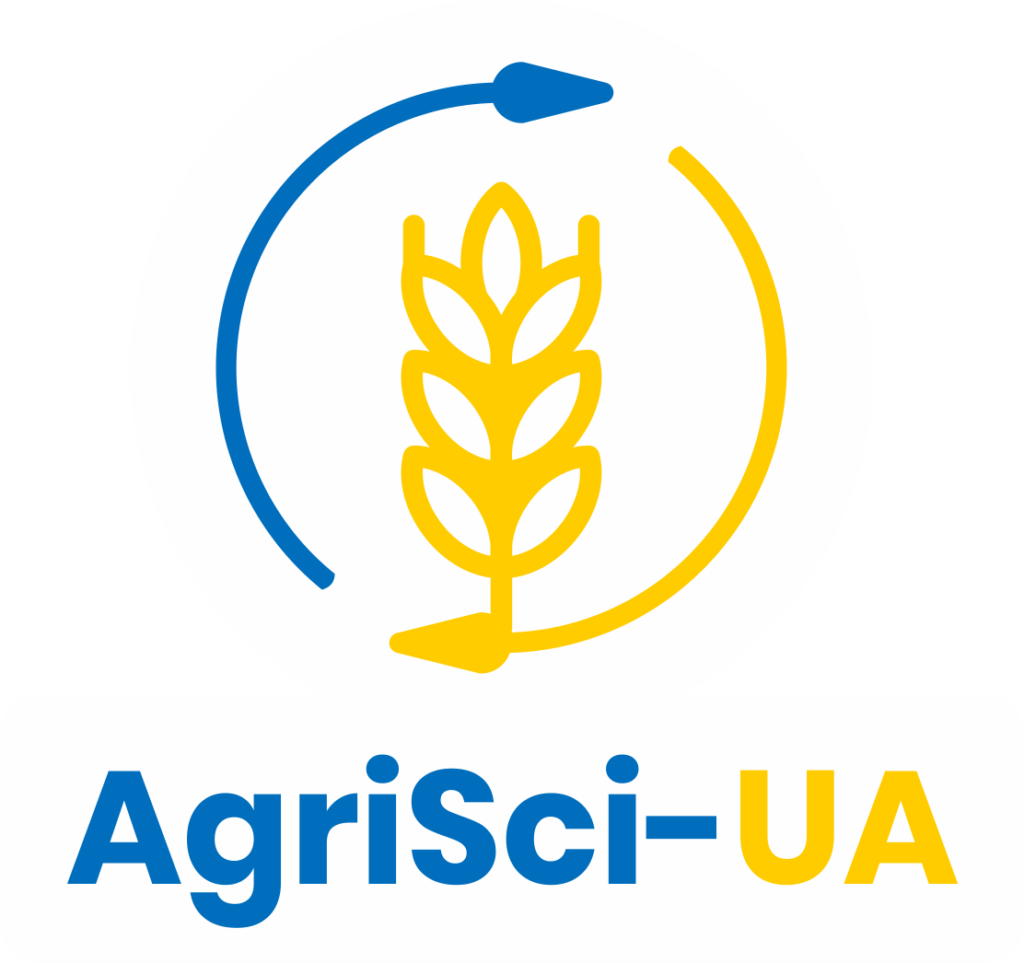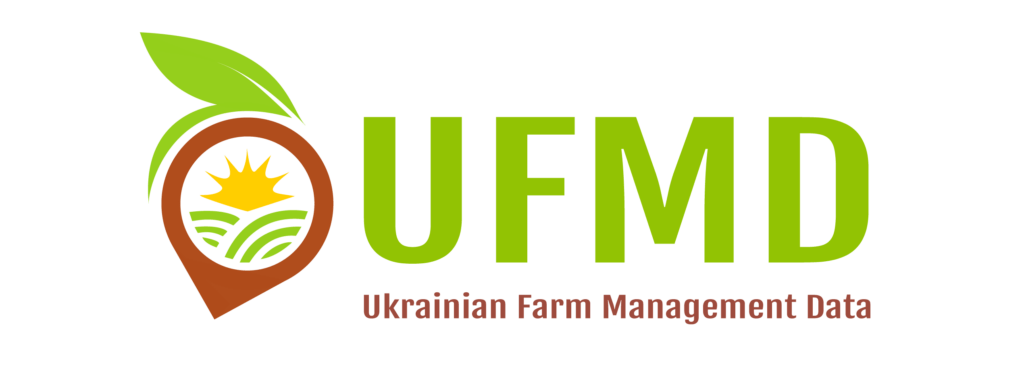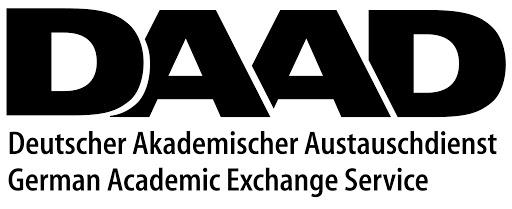PIC 925401632
OID E10071259
UID S6ZRJKM9WBT6
Mykolaiv National Agrarian University (MNAU) – Information Brief
🏛 Overview & History
- Founded in 1984 as a branch of Odesa Agricultural Institute, it became independent in 1991, gained academy status in 1999, university status in 2002, and national status in 2012.
- Positioned as the youngest agrarian university of III–IV accreditation in southern Ukraine, it has risen to become a major centre of innovation, education, and research.
🏫 Campus & Facilities
- Comprises 12 academic buildings (~89,700 m²), five dormitories, and 2,045 ha of farmland, including the Science Park “Agroperspectyva”.
- Well-equipped modern classrooms, Wi‑Fi computer labs, specialized laboratories, a scientific library (1,594 m² with 8 reading rooms), cafeteria (400 seats + 3 buffets), sports complex (3,034 m² across four halls), and three assembly halls (total 740 seats).
🎓 Academic Structure
- Houses 8 faculties or institutes and offers 26 specialties:
- Accounting & Finance
- Management
- Engineering & Power Engineering
- Agricultural Technologies
- Food & Livestock Product Technologies & Biotechnology
- Education & Culture
- Mechanico‑Technological Institute
- Institute of Post‑Graduate Education
- Offers Bachelor, Specialist, Master, and PhD programs across 23+ specialties, including economics, agronomy, animal science, engineering, biotechnology, IT, and public administration.
👩🏫 Personnel & Students
- Serviced by 400 academic staff, including 80+ state-awarded specialists, 8 academicians of sectoral academies, and 5 members of international academies.
- Enrolls 4,000+ students.
🔬 Research & Innovation
- Recognized in the State Register of research institutions (2017–2020) .
- Maintains six research institutes and key research areas via Scientific‑educational‑production and innovation centres:
- New agro‑industrial objects & educational IT
- Modern agrarian technology clusters
- Economy & management
- Mechanico‑technological systems
- Post‑graduate specialist training
- Innovative technologies in agrarian education
- Key research themes: agriculture, economics, engineering, biotechnology, sustainability, soil fertility cluster, livestock production.
🌍 International Cooperation & Grants
- Active in EU Horizon Europe, Erasmus+.
- Signed memoranda with partners like “Scientific Publications” to boost joint research and scientometric visibility.
- Complies with Bologna Declaration principles (mobility, recognition, integration).
📌 Summary
Mykolaiv National Agrarian University stands as a modern and dynamic institution combining strong tradition with innovation in agricultural education and research. With robust infrastructure, diverse programs, and active global partnerships, it is well-positioned for collaborative grant opportunities within Horizon Europe, Erasmus+, U.S. programs, and beyond.
📞 Contact & Address
- Address: 9 Heorhiia Gongadze St., Mykolaiv, Ukraine, 54020
- Office: +38 0512 70 93 42 / international@mnau.edu.ua
All international activities conducted at the University contribute to the implementation of the modern policy and strategy of the state, aimed at the further development of the national system of higher education, its adaptation to a socially-oriented economy, and integration into the European and global community.
List of international projects with the participation of the Mykolaiv National Agrarian University:

AgriSciences Platform https://agrisci-ua.com/
The project is implemented by the Czech University of Life Sciences Prague.
The project aims to further strengthen the capacity and cooperation of young lecturers, researchers, master’s and doctoral students at selected Ukrainian universities by further developing an inter-university platform – the AgriSciences Platform – to increase capacity in selected areas of agricultural sciences, which will continue to be crucial for the post-war development of Ukraine.
The focus of the project’s activities:
- Specific challenges of modern Ukraine (consequences of the war; deforestation as a result of the war; ecosystem disruption; air and water pollution; consequences of the loss of access to water sources; contaminated soils; loss of biodiversity; migration and its impact on the agricultural sector).
- Creation of multidisciplinary research groups and announcement of grant opportunities that will address new challenges in these key areas, which will be significant for Ukraine in the current war and post-war context.
- Conducting a series of trainings (by Czech or Ukrainian experts) aimed at improving scientific results and publishing activities, as well as expanding specific expertise.
- Promoting the exchange of information and increasing research potential by organizing mobilities, within which young Ukrainian scientists will be sent for internships to the Czech Republic at the Czech University of Life Sciences Prague.
- Exchanging experience in implementing gender equality, inclusion, and diversity in the academic sphere.
The project builds on the experience of implementing previous projects in Ukraine and expands the activities of a full-fledged network of universities dealing with agricultural sciences. Thanks to this interconnection, not only the cooperation between universities will be strengthened, but also their role in the European Higher Education Area (EHEA).
Platform participants:
- Czech University of Life Sciences Prague
- Mykolaiv National Agrarian University
- Sumy National Agrarian University
- Bila Tserkva National Agrarian University
- Sumy State University
- Dnipro State Agrarian and Economic University
- State Biotechnological University
AgriSci-UA Platform Website: https://agrisci-ua.com/
Guarantor: Doc. Hynek Roubík, roubik@ftz.czu.cz Administrator: Marek Jelínek, marekjelinek@ftz.czu.cz

European Union Erasmus+ Project 619285–EPP-1-2020-1-EPPKA2-CBHE-JP “Multilevel Local, National-and Regionwide Education and Training in Climate Services, Climate Change Adaptation and Mitigation – ClimEd” (associated consortium member).
The general goal of the project is to develop competence-oriented curricula for the continuous comprehensive training of specialists in the field of climate services in Ukraine. It also aims to initiate and develop further education in climate change for decision-makers, specialists in climate-dependent economic sectors, and the general public, as well as the subsequent steps and plans for implementing the project’s work packages.
The consortium members are:
- Rovira i Virgili University (URV – Spain);
- Estonian University of Life Sciences (EMU – Estonia);
- Odesa State Environmental University (national coordinator);
- Kyiv National University of Construction and Architecture;
- O.M. Beketov National University of Urban Economy in Kharkiv;
- Lviv Polytechnic National University;
- Bila Tserkva National Agrarian University;
- Odesa National Medical University;
- Mykolaiv National Agrarian University;
- Kherson State Agrarian and Economic University;
- Institute of Ecology of the Carpathians of the National Academy of Sciences of Ukraine.

The Ukraine Horticulture Business Development Project (UHBDP), funded by Global Affairs Canada, was co-financed and implemented in Ukraine by the Mennonite Economic Development Associates (MEDA).
During the joint work on the project (2016-2021), with the direct organizational and financial support of UHBDP, more than one hundred days of practical training were held, in which over 2,700 higher education students from the university and its colleges participated. Educational programs were improved to meet the demands of the time and the requests of producers. Numerous professional skill competitions, conferences, round tables, business simulations, seminars, and lectures were organized with the invitation of foreign and domestic specialists.
The project financed a youth initiative to create a student portable weather station, supported creative students by holding competitions for scientific papers, and encouraged the winners with memorable gifts.
64 senior higher education students, winners of competitive selections for the agro-internship program, were able to improve their professional skills and abilities through a dual form of education in the real production conditions of the best farms in the region. The project provided a personal scholarship to each agro-intern in the amount of the minimum wage for three months.
Through non-repayable financial assistance, the university improved its material and technical base and received a modern agro-meteorological station, a bee apiary with 100 hives, and chemical reagents for the soil laboratory.
University scientists, on a co-financing basis, conducted their applied research and had the opportunity to create electronic courses and publish the results of their work in collections of scientific papers, manuals, and textbooks.

Ukrainian Farm Management Data (UFMD) in cooperation with the Weihenstephan-Triesdorf University of Applied Sciences, Germany, and with the support of the Federal Ministry of Food and Agriculture of Germany.
The project complements the implementation of tasks faced by the executors of the Erasmus+ project “From Theory-Oriented to Practical Training in the Agrarian Sphere” (TOPAS). The goal of UFMD is the institutionalization of continuous data collection from agricultural enterprises. The most significant advantage is considered to be the long-term cooperation between the participating universities and, in particular, the development of joint training courses. It also realizes a long-term vision and currently serves as a starting point for the formation of a nationwide data network of agricultural enterprises at the level of leading agrarian universities in Ukraine. Consequently, it is planned to transfer experience and methods to other agricultural universities and colleges in the future. The importance of this project for the University lies in the fact that all of the above will help to provide a stimulus for the development of the agro-industrial complex of the region and Ukraine as a whole.

“Digitalization in Ukrainian Agrarian Universities” in cooperation with the Weihenstephan-Triesdorf University of Applied Sciences, Germany.
The “Digitalization in Ukrainian Agrarian Universities” project is designed to gain experience in enhancing the digital competence of all participants in the educational process, particularly during training, in communication between teachers and students, and in the implementation of new telecommunication networks at the university. Throughout the year, several joint online meetings were organized among the project participants. They discussed the project program, ways of its implementation in the context of Ukrainian universities, methods for introducing digitalization in higher education institutions, forms of applying university digitalization, and ways to improve staff qualifications in using IT technologies in the educational and scientific space. Notably, the meetings resulted in agreed-upon approaches to applying digitalization in Ukrainian universities and a developed program of future actions within the project.
The project already has tangible results – specialists at MNAU have created a powerful, self-developed internet platform for distance learning for higher education students. An online video conferencing service has been deployed on its own servers and integrated into the distance learning system, which, in turn, improves the quality and increases the efficiency of conducting online seminars, conferences, and other scientific and educational events. This is especially useful in the context of COVID-19, but is not limited to it.

European Union Erasmus+ Project 574050-EPP-1-2016-1-DE-EPPKA2-CBHE-SP “Students’ Mobility Capacity Building in Higher Education in Ukraine and Serbia / MILETUS”, in cooperation with the Hamburg University of Technology (coordinator), as well as partners from Italy, Denmark, and Serbia. www.miletus.mnau.edu.ua
MILETUS is a capacity-building program in the field of virtual, physical, and blended student mobility (SM) in Serbia and Ukraine. By creating the necessary conditions at the ministerial and institutional levels, MILETUS aims to increase the employability of graduates in companies operating in the international market, as well as the quality of postgraduate research, and thus contribute to improving the quality of science in the partner countries in general.
To activate academic student mobility, improved methods were implemented at the ministerial level, and the functions of existing international offices in universities were supported. The teaching staff was methodologically trained; for this purpose, relevant training materials were developed. A special emphasis was placed on students with disabilities, for whom opportunities for virtual learning and mobility were opened.
These virtual mobilities for master’s students included tasks that develop the skills to work in international teams, which, in turn, will provide graduates with the competencies expected by employers. These mobility programs will lead to the need to expand international cooperation for postgraduate students, which will ultimately improve the quality of their education.

European Union multi-beneficiary project TEMPUS PROGRAMME CDJEP-27136-2006 (UA) “Implementation of fundamental and innovative scientific methods in master’s and postgraduate curricula in the agrarian field (IMBASMA)”.
The main idea of the project was to develop tools to strengthen the research skills of master’s and postgraduate students, with the aim of their more active participation in international educational and research programs.
The project’s objectives were:
- To provide basic training in scientific communications and e-learning for a large group of students and young staff from three Ukrainian universities;
- To improve qualifications in the field of scientific communications and e-learning tools, develop proposals, and general research methodology in a select group of young staff from three Ukrainian universities;
- To improve the qualifications of a select group of master’s and postgraduate students in EU countries in soil science, horticulture, and agricultural economics;
- To develop new courses on the topic “Scientific Communications and E-learning”;
- To implement the new course in the three Ukrainian universities;
- To prepare legal accreditation materials for the recognition of the new course by the Ministry of Education and Science of Ukraine.